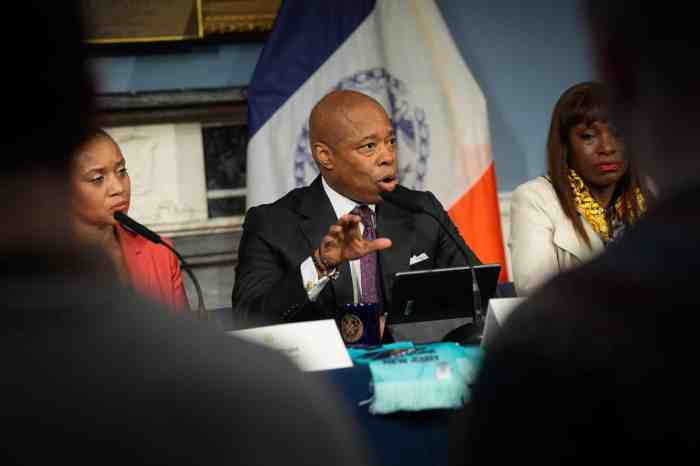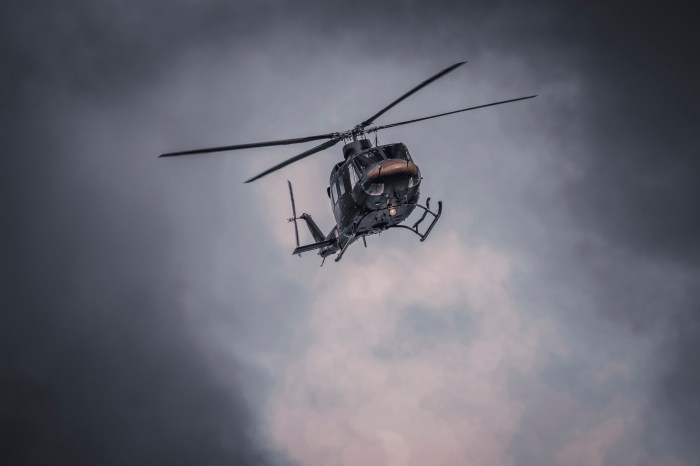Americans should be alarmed. Growing out of Syria’s chaos and Iraq’s political weakness, the Islamic State group wants to establish an independent, Sunni-dominated nation. Its leaders vow to expand their campaign of global jihad against the West’s infidels. In the worst case, the group — until recently known as ISIL, or the Islamic State of Iraq and the Levant — could directly threaten the American homeland.
Now is not the time to lament the nation that we and the Iraqis failed to build; rather we must reaffirm our regional priorities in the Middle East and the danger the group poses to them.
In 2011, President Barack Obama withdrew all remaining U.S. combat troops from Iraq, marking the end of an 8-year, nation-building and counterinsurgency campaign. Since then, Iraqi Prime Minister Nouri al-Maliki, a Shia, marginalized Sunni leaders in the government. Fearful of their long-term security in a Shia-dominated Iraq, some Sunnis resorted to violence to protect their interests and gain political influence via groups like the Islamic State.
Americans are wary of another Iraq War. Obama, elected in part because of his opposition to the 2003 Iraq War, neither wants to endanger the lives of tens of thousands of American troops in another bloody occupation nor drain the country of its treasure. America will not invade Iraq again.
Given that political reality, policymakers should remember America’s two strategic priorities in the Middle East. First, the United States must ensure that anarchy in Iraq does not provide an opportunity for extremists to target America and its allies. Second, the United States must safeguard the steady flow of oil from the Middle East and to world markets.
To achieve those two strategic objectives, the United States should adopt a blend of Cold War and post-9/11 tactics. To ensure that Iraq does not become a petri dish for global terrorism, the United States should ruthlessly pursue belligerents through a strategy of robust special operations and targeted killing via automated drones. Obama has ordered more than 300 drone strikes in Pakistan alone since taking office. Critics of this strategy, including former Secretary of Defense Robert Gates, might describe drone strikes as akin to “Whac-A-Mole.” However, in the absence of a sustained political will to engage the Islamic State group in prolonged combat, drone strikes are America’s best option.
Crude oil prices hover around $100 per barrel, $40 below oil’s peak in 2007. The United States has a deep interest in ensuring that oil prices do not climb further. This priority demands regional stability.
The United States must be willing to use its considerable military, economic and diplomatic influence to effect a regional balance of power suitable to America’s long-term interests. To do so, America might need to collaborate with Iran, directly negotiate with rival sectarian groups in Iraq, put political pressure on al-Maliki while maintaining all options against him, and redouble its efforts on regional alliances like Israel, Saudi Arabia, Turkey and Kuwait.
Much as the United States supported Iraq in the 1980s, only to eject it from Kuwait in the 1990s, so too must the United States cooperate with regional leaders while remaining ready to oppose them if they threaten the balance of power in the Middle East. Maintaining such a balance demands a more agile U.S. approach, one that is pragmatic and devoid of polemics that tend to cloud, rather than clarify, the practice of foreign policy.
Neil K. Shenai is a professorial lecturer at American University’s School of International Service. David R. Elam is a research assistant at Johns Hopkins University’s Philip Merrill Center for Strategic Studies.

















